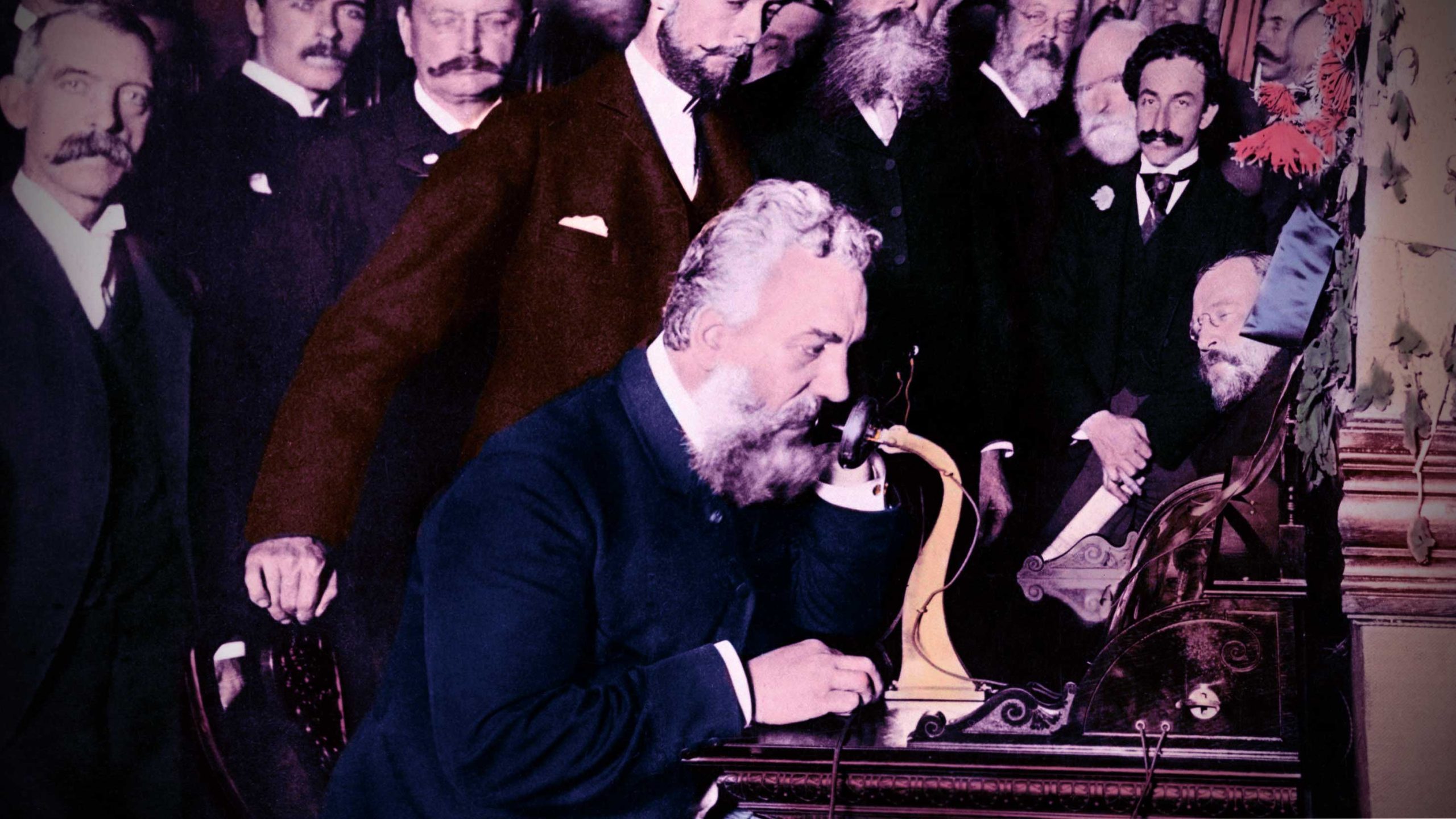The invention of the electric telephone marked a transformative moment in human communication, enabling real-time voice transmission over long distances. This groundbreaking technology emerged in the late 19th century, fundamentally altering how people connected with one another. The journey to the first electric telephone involved multiple inventors, contentious patent disputes, and a series of crucial technological advancements.
Early Concepts and Precursors
Before the development of the electric telephone, various inventors experimented with devices to transmit sound over distances. One such early attempt was the acoustic string telephone, which used a taut wire to carry sound vibrations between two diaphragms. However, these devices had limited range and practicality.
The idea of using electricity to transmit sound began to gain traction in the mid-19th century. Innovators such as Charles Bourseul and Johann Philipp Reis made significant contributions to the theoretical foundation of electrical telephony. Bourseul, a French engineer, proposed the concept of an electrical telephone in 1854, suggesting that sound could modulate an electrical current. Reis, a German inventor, constructed a device in 1861 that could transmit musical tones but struggled with the complexity of human speech.
Alexander Graham Bell and the Race to Invent the Telephone
The race to create a practical electric telephone culminated in the 1870s, with Alexander Graham Bell and Elisha Gray as the primary contenders. Both were working on similar technologies independently, leading to a famous patent dispute.
Alexander Graham Bell, a Scottish-born inventor and teacher of the deaf, made significant strides in the field of telecommunication. Bell’s interest in sound transmission was influenced by his work with the hearing impaired, as well as his family background in elocution and speech training. In 1875, Bell and his assistant Thomas Watson developed a device that could transmit indistinct sounds. They realized that by varying the strength of an electrical current, they could replicate the nuances of vocal sound waves.
On February 14, 1876, both Bell and Elisha Gray filed patents for their telephone designs. Bell’s patent, filed a few hours earlier, described a method for transmitting vocal sounds telegraphically by causing electrical undulations similar to those of air produced by the human voice. Gray’s design also involved a variable resistance method but used a liquid transmitter, which Bell later adopted in his own experiments.
The patent dispute between Bell and Gray was intense and complex, with Bell ultimately being awarded the patent on March 7, 1876. This decision granted him the recognition as the inventor of the telephone, although controversies and legal challenges persisted for years.
The First Successful Telephone Call
On March 10, 1876, Alexander Graham Bell made the first successful telephone call to his assistant, Thomas Watson, uttering the famous words, “Mr. Watson, come here, I want to see you.” This call was made using a device with a liquid transmitter, where sound waves caused a diaphragm to vibrate, modulating an electrical current that was transmitted through wires and converted back into sound at the receiver.
This breakthrough demonstrated the viability of voice communication over long distances using electrical signals, a concept that had profound implications for the future of communication technology.
Commercialization and Impact
Following the successful demonstration of the telephone, Bell faced the challenge of commercializing his invention. In 1877, he founded the Bell Telephone Company, which began installing telephone lines and exchanges, primarily in urban areas. The initial adoption of the telephone was slow due to the high cost of equipment and the limited infrastructure. However, as the technology improved and the network expanded, the telephone rapidly became a vital communication tool for businesses and households.
The impact of the electric telephone on society was profound. It revolutionized business operations by enabling instantaneous communication, which facilitated better coordination and decision-making. For individuals, the telephone provided a new way to maintain personal connections across distances, transforming social interactions.
Moreover, the telephone laid the foundation for the telecommunications industry, paving the way for subsequent innovations such as radio, television, and the internet. The basic principles of converting sound into electrical signals and transmitting them over networks remain fundamental to modern communication technologies.
Legacy and Recognition
Alexander Graham Bell’s invention of the telephone earned him international recognition and numerous accolades. However, it is essential to acknowledge the contributions of other inventors and researchers who played a role in developing telecommunication technologies. The invention of the telephone was not the work of a single individual but rather the culmination of years of experimentation and collaboration.
Today, the telephone is considered one of the most important inventions in history, symbolizing the power of human ingenuity and the relentless pursuit of progress. It has transformed from a simple voice transmission device to an integral component of the global communication infrastructure, connecting billions of people worldwide.
Conclusion
The first electric telephone, developed by Alexander Graham Bell, represents a milestone in the history of communication. Its invention was the result of pioneering work by multiple inventors, who explored the potential of electrical signals to carry sound. Bell’s success in creating a practical and commercially viable telephone set the stage for a revolution in how people interact, both personally and professionally. The legacy of the telephone continues to resonate in today’s interconnected world, where communication technology remains a cornerstone of global society.




